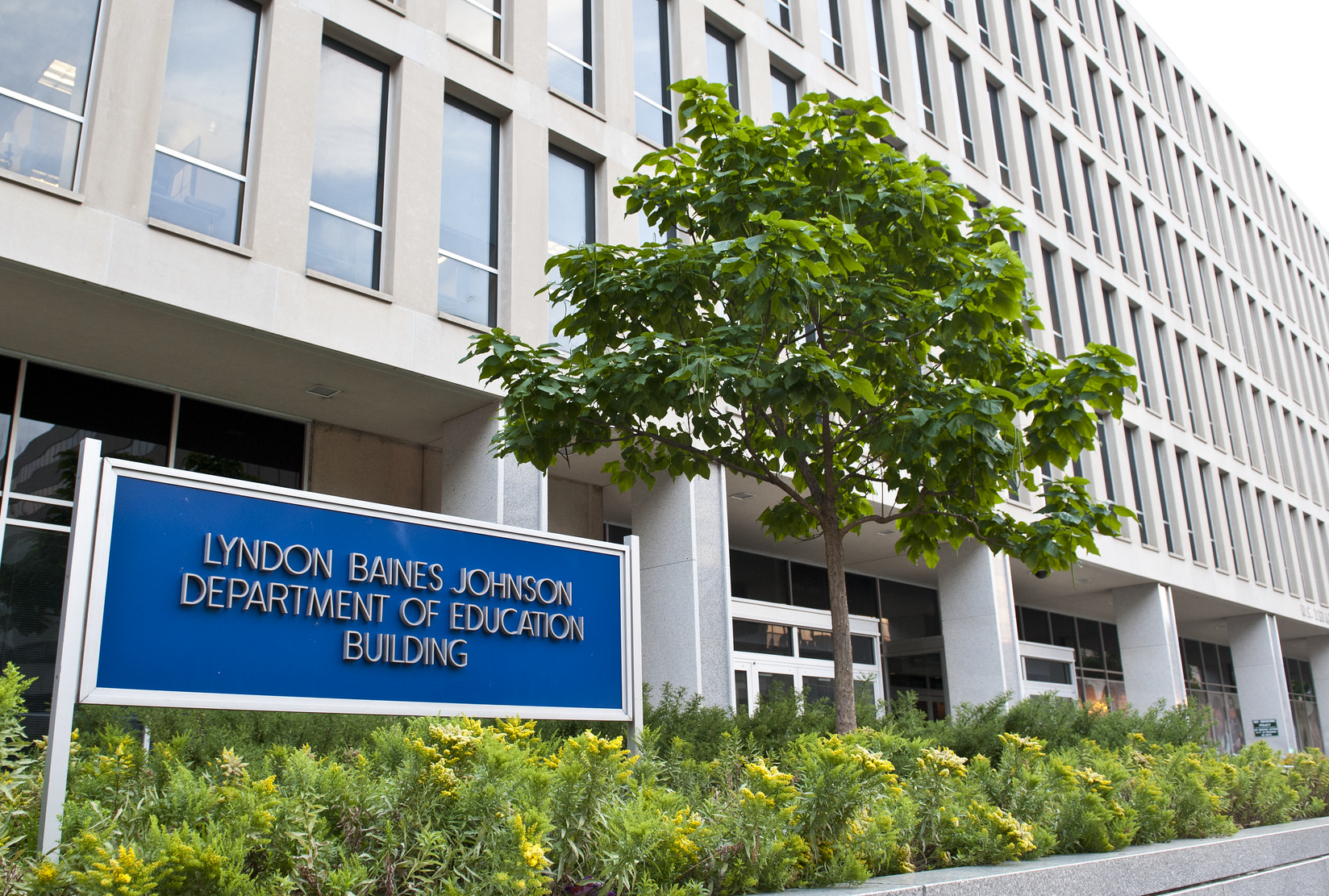It’s the time of the year when many similar stories surface announcing that this year’s class of graduating students will hold the most debt on record. Almost identical articles were written last year, and they will likely be written again next year.
Yes, the class of 2015 holds the unfortunate title of “most indebted class” and the numbers, as always, are frightening. More than 70 percent of students will graduate with debt, and those with debt will owe an average of more than $35,000.
This coverage brings attention to the challenges new graduates face in a post-collegiate life when saddled with so much debt. But by and large, these stories typically skim over, or fail to mention at all, who this debt is owed to and who has the power to address the student debt crisis. The answer might surprise you, as it’s the federal government – not Wall Street.
The U.S. Department of Education is responsible for roughly 85 percent of all student debt, issuing more than $100 billion in federal student loans every year, and owning about $1.1 trillion of the $1.3 trillion of outstanding student debt. The department currently holds enough assets to be one of the country’s 10 largest banks.
It’s a pretty lucrative business for them, as well. The Congressional Budget Office projects that the Department of Education will profit about $90 billion dollars off of student debt between 2016 and 2025.
Who else is profiting off of the most indebted class ever? The private contractors the Department of Education hires to service loans and collect on students’ debt. In 2014, Navient and NelNet reported earning $130 million and $124 million, respectively, off of these servicing contracts. In recent years, profiteering student loan servicers have come under greater public scrutiny for overcharging student debtors, failing to intervene in preventing student loan defaults, and discriminating against active duty servicemembers. Because of increasing criticism for failing to protect consumers from predatory servicers, the White House recently instructed the Department of Education to create solutions to these systemic problems.
As the chief lender, the Education Department has the means to offer considerable relief to the graduating class of 2015 and other student borrowers. Here are a few options:
- Notify all qualifying government workers and employees of non-profit organizations about Public Service Loan Forgiveness. This program allows men and women employed in the public service to have all of their federal student debt canceled after 10 years of payments (assuming they meet all qualifications of type of loan, repayment plan, and hours worked). This notable program is meant to incentivize a career in the public service. But out of the 33 million people estimated to be eligible for enrollment, only 222,000 are currently enrolled as of March 2015.
- Cancel illegitimate debt, like the debt accrued by 500,000 former Corinthian College students. Last month, Corinthian Colleges, the for-profit chain that includes campuses such as Heald College, announced that it was immediately shutting down over the weekend, leaving 16,000 of then-current students with boarded up campuses on Monday morning and without a degree and with millions in outstanding debt. Under federal law, if a student’s school closes, all of their debt should be canceled. Though it is within the department’s legal authority to cancel the debt owed by Corinthian College students who were wronged by the now bankrupt for-profit chain, it has yet to do so.
- Promote income-driven repayment plans that minimize how much student debtors are required to pay every month, rather than letting them slip into default. Depending on one’s income, borrowers enrolled in income-driven repayment plans can pay as little as $0 a month. Too many borrowers are unaware and uninformed about this lifeline program, and the consequences of falling behind on loan payments are devastating. Entering into default allows an individual’s wages, tax returns and social security to be garnished, and in many states can cause individuals to lose their professional licenses.
Millions of graduates are grappling with major life decisions tied to their debt—whether they can relocate or must live with their relatives, afford to buy or lease a car, take a meaningful job or a higher paying one that will allow them to better repay their debt. Without needing to rewrite any rules, the Department of Education can rewrite this new normal. Through these simple actions, the department can provide millions of graduates of the “most indebted class” and their families a fresh financial start and a real chance at building a great life without their student debt holding them back.





